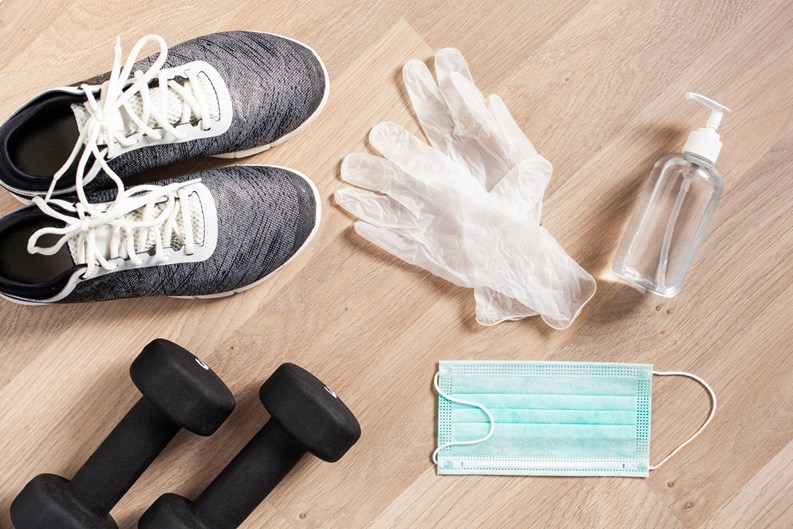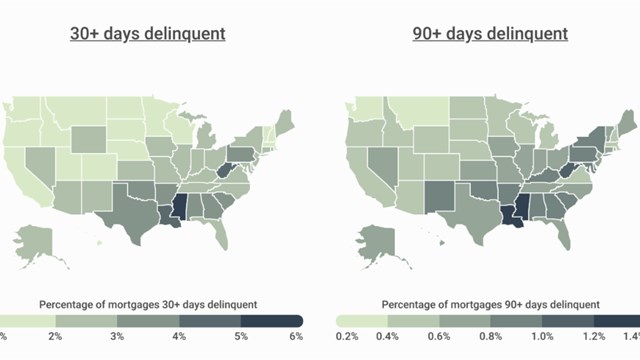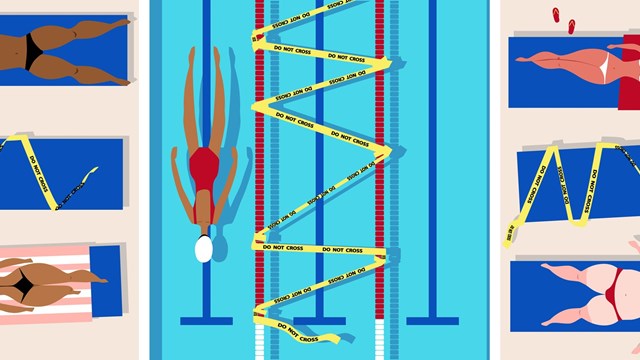Condominium, HOA, and co-op boards are charged with the health and well-being of their communities, both physical and financial. Board service is also voluntary, which makes for a lot of unpaid labor in the best of times, and can feel downright thankless when things aren’t going so well. Like in a global pandemic, for example. What then should boards do - and what should fellow owners consider - when formulating or reviewing administrative decisions, particularly in a situation like the COVID-19 pandemic, when the welfare of all must be considered before the conveniences of some?
Caution vs Convenience
One of the many considerations homebuyers take into consideration when choosing between a private home or a residential community is the availability of amenities. Among the top sought-after amenities is a fitness center or gym. Sadly, as well as being popular amenities, gyms are also a flashpoint in the continuing pandemic thanks to interior environments where people are huffing, puffing, and sweating being very high-risk for spreading infection.
At the beginning of the pandemic, governors in most if not all states imposed pause or shutdown orders on exercise facilities. These orders applied to private business and to community gyms alike, and were just that: orders. They were not a matter of choice - all gyms had to close, and fitness facilities in private condo, co-op, and HOA communities were subject to the same orders as the local Planet Fitness. But what about reopening? Is the relaxing of shutdown orders a voluntary or mandatory order?
Proceed with Caution
Chris Florio, an attorney with Stark & Stark, located in Lawrenceville, New Jersey, says, “No, there is no requirement that condominium, co-op, or HOA boards reopen their fitness facilities. While governors’ orders closing gyms applied to associations, the reopening order doesn’t require them to reopen, because they’re private. In fact, public ones don’t have to reopen either. It’s their choice too. Reopening really has to do with protocols, if you can’t meet the protocols, don’t open.”
Careful Considerations
Of course, it’s possible that the non-board serving members of an association may disagree with the board’s decision, whether to open their gym or keep it closed. If so, what options are open to the membership to change the board’s decision?
“There’s two ways,” says Florio. “If members have a slate of candidates who would open the gym, they could try to force an election and replace the board. Or they could try to get a court order to reopen. I doubt they would succeed, because the board has the right to make that decision, but they might be able to get the court to say they deserve compensation through cost savings.” In other words, a refund of some portion of their common charges representing the cost of operating and maintaining the gym facility.
Another route for association members who object to their board’s gym-related decisions is unique to New Jersey, is to submit the conflict for ADR - alternative dispute resolution - which by New Jersey law is required to be tried before any litigation can be brought to court, but which can also be used to settle nearly any kind of legal dispute between parties.
ADR & Liability
“With a condo, ADR would apply,” says Florio. In an HOA, less so, with regards to case law. It is a dispute though, and the law does require ADR be offered.” Florio suggests that in the case of a gym closure/reopening decision, an ADR committee would be highly unlikely to overturn a board’s decision, “so it’s likely just a time waster.”
When it comes to liability for board members, says Florio, “If they bow to pressure to open, they can’t fall back on ‘I told you so.’ The fact that they opened leaves them subject to liability.” But, he continues, that raises another big question: “How do you prove where you got COVID-19, though? As we understand, there is zero insurance coverage for COVID right now. You can’t eliminate liability, but the association will still have to defend against it - and insurance companies are not covering the problem. Legal fees could be costly. In the end, boards should consider both the safety of reopening and the opinion of residents, but stray to the side of caution, both physically and financially.







Leave a Comment